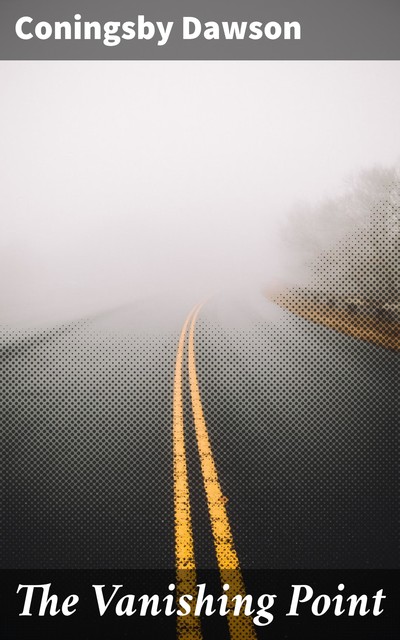In “The Vanishing Point,” Coningsby Dawson crafts a poignant narrative that delves into the complexities of human experience against the backdrop of the early 20th century. Through a rich, introspective literary style, Dawson explores themes of identity, loss, and the inexorable passage of time. The novel weaves together vivid imagery and lyrical prose, immersing readers in a world where the boundaries of reality and perception blur, emblematic of the modernist movement that sought to capture the fragmented nature of existence in an increasingly industrialized society. Coningsby Dawson, a contemporary of notable modernists, was deeply influenced by his own experiences in World War I and the ensuing societal shifts. His literary journey reflects a commitment to confront the human condition amidst chaos, drawing from personal tragedy and broader historical contexts that shaped his worldview. Dawson's philosophical inquiries into life and mortality make “The Vanishing Point” a significant exploration of the struggles faced by individuals in a rapidly changing world. This book is highly recommended for readers who appreciate thought-provoking literature that examines profound existential themes. Dawson's insightful narrative invites readers to reflect on their own lives and connect with the universal search for meaning, making it an essential addition to the modern literary canon.


